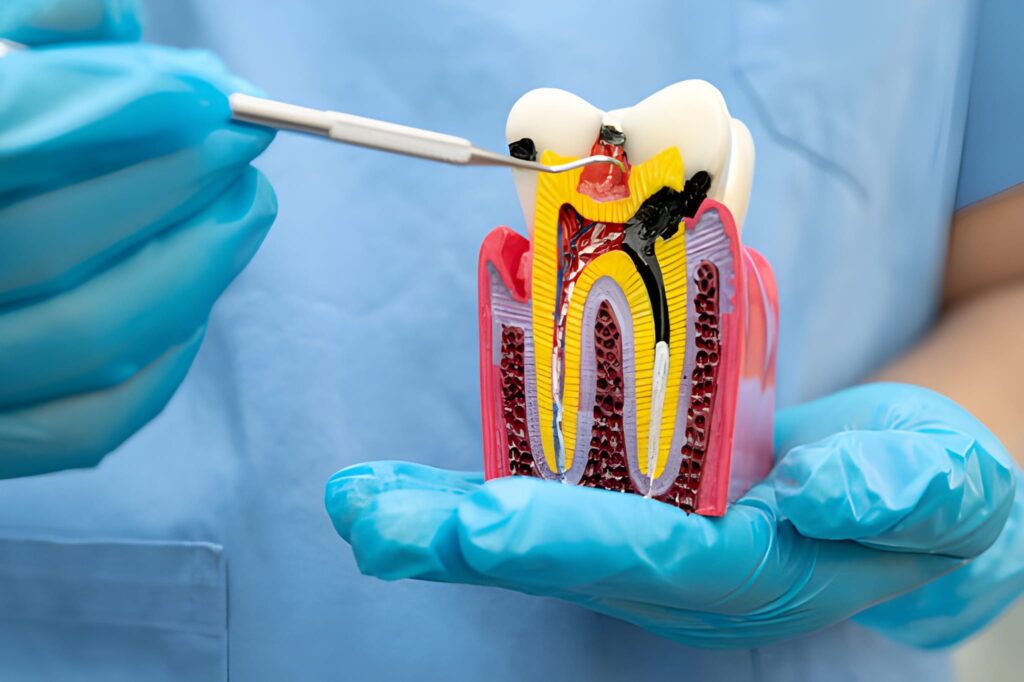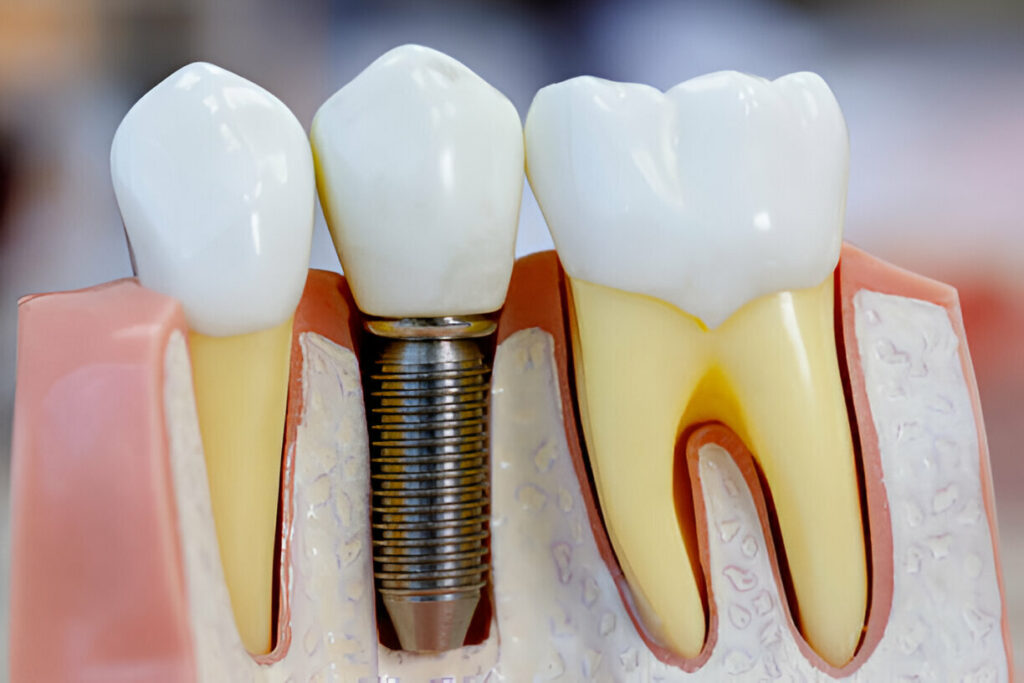All-on-4 dental implants are an excellent way to restore your smile and improve chewing function. Like natural teeth, they need consistent care to stay healthy and prevent problems such as gum disease or implant failure. Here’s a complete guide to keeping your All-on-4 implants in top condition.
Why Maintenance Is Important
Even though All-on-4 implants are durable, neglect can cause problems. Plaque, food, and bacteria can gather around gums and prosthetics. Proper care ensures lasting results by preventing infections, bad breath, and bone loss. Maintain your Best Dental Implants St Helens for long-term oral health and a confident smile.
1. Establish a Daily Cleaning Routine
Brush at least twice a day with a soft-bristle toothbrush. Clean thoroughly along the gum line and around the prosthetic bridge. Use non-abrasive toothpaste to avoid scratching. Don’t forget your tongue and the roof of your mouth to reduce bacteria buildup.
Dental Implants vs. Dentures: Which Is Better in St Helens?
2. Use a Water Flosser
Traditional flossing can be tricky with All-on-4 implants. A water flosser effectively removes food debris and bacteria from hard-to-reach areas under the prosthesis, keeping gums clean and reducing inflammation.
3. Antibacterial Mouth Rinses
An alcohol-free antibacterial rinse can help prevent gum disease by reducing harmful bacteria. Choose a rinse suitable for daily use and avoid harsh ingredients that can irritate sensitive gums.
4. Watch What You Eat
Although implants are strong, avoid very hard or sticky foods that may damage the prosthesis. Eating a balanced diet rich in vitamins and minerals supports gum and bone health, which is essential for implant longevity.
How Much Do All-on-4 Dental Implants Cost in The UK?
5. Regular Dental Visits Are Essential
Professional check-ups are crucial. Visit your dentist every six months (or as recommended) for deep cleaning under the bridge, X-rays, and to check implant stability. Early detection of problems prevents costly repairs.
6. Recognise Early Signs of Trouble
Look out for bad breath, red or swollen gums, pain while chewing, or loosening of the prosthesis. These signs may indicate infection or implant issues. Prompt action helps avoid more serious complications.
Quit Smoking
Smoking slows healing and increases the risk of implant failure. If you smoke, seek support to quit for the sake of your implants and overall health.
Protect Against Teeth Grinding
Bruxism, or teeth grinding, can strain implants. If you grind your teeth at night, a custom night guard can protect your prosthesis and prolong its lifespan.
Avoid Excessive Force
Do not use your implants to crack nuts, chew ice, or open bottles. Implants should be used for eating only. Excessive force can fracture the prosthesis or damage supporting implants.
Stay Hydrated and Eat Well
Drink plenty of water to support saliva production, which naturally cleans the mouth. A diet rich in calcium and vitamin D helps maintain strong bones and healthy gums.
Dental Materials and Longevity
High-quality materials like titanium and ceramic are used for implants. While they are designed to last decades, proper care and hygiene are essential for their durability.
How Long Before Implants Feel Natural?
Most patients adapt within a few weeks to a couple of months. Regular follow-ups and proper care help implants feel comfortable and function like natural teeth.
Conclusion
Caring for All-on-4 dental implants is straightforward with the right routine. Brush, floss, attend dental check-ups, and follow these tips to enjoy a bright, healthy smile for years. Daily care directly impacts the longevity of your implants.
Take the Next Step with Alverna House Dental Practice
Your smile deserves the best care. At Alverna House Dental Practice, we provide expert dental treatments tailored to your needs, from routine check-ups to advanced implant procedures. Don’t wait to improve your oral health and confidence. Book your appointment today and experience professional, compassionate care in a welcoming environment.
Frequently Asked Questions
How often should I clean All-on-4 implants?
Brush twice daily and use a water flosser and antibacterial rinse for thorough cleaning.
Are regular check-ups necessary?
Yes, biannual visits help detect potential issues early and ensure implant health.
Can I eat normally with All-on-4 implants?
Yes, but avoid very hard or sticky foods. A balanced diet supports implant longevity.
What toothpaste should I use?
Use a non-abrasive toothpaste without harsh ingredients to avoid scratching implants.
What if the implant area is swollen or painful?
Contact your dentist immediately. Swelling or pain could indicate infection or implant instability.



